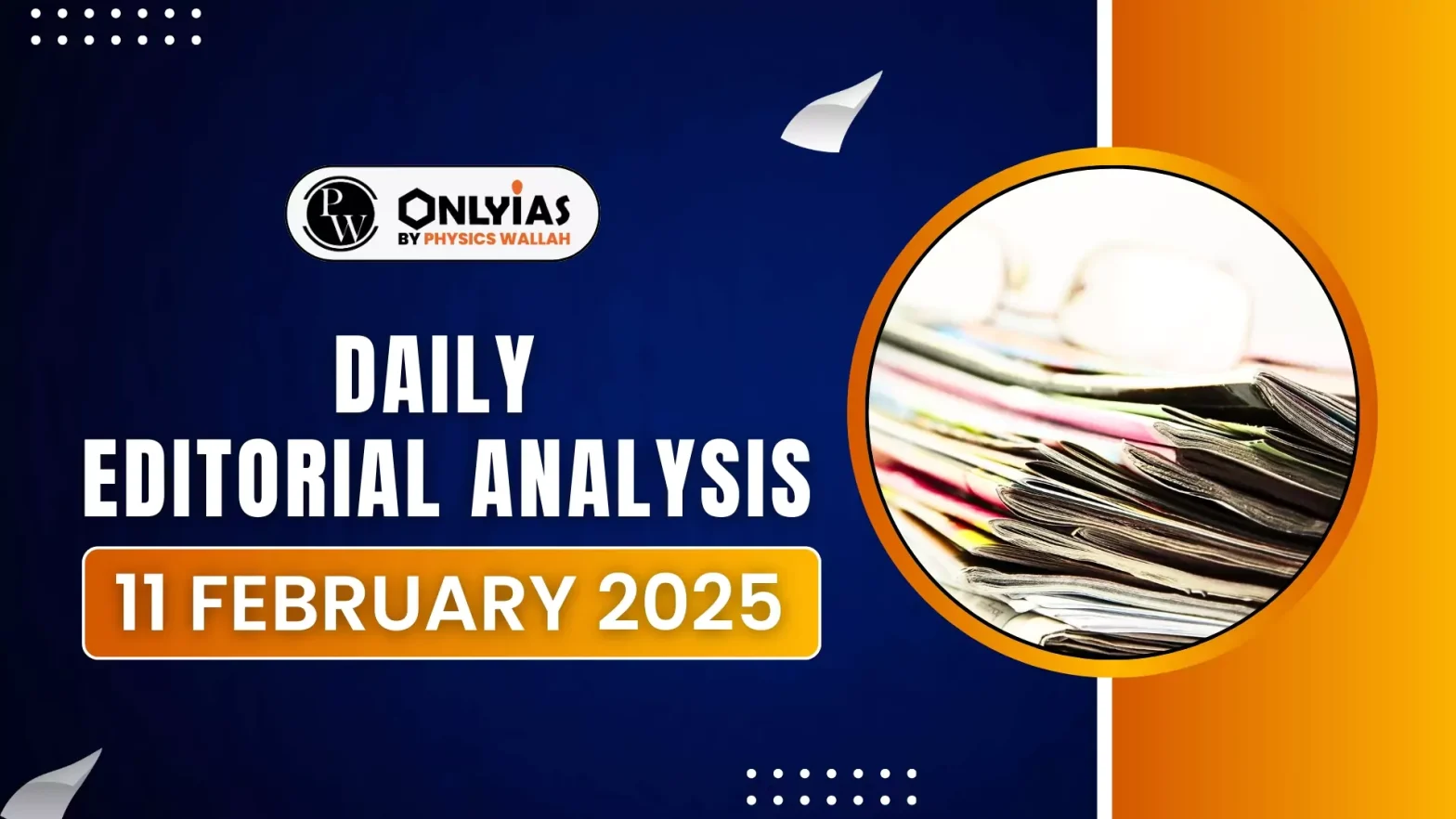2025 marks the 30th anniversary of the signing of Marrakesh Agreement. The Marrakesh Agreement establishing the World Trade Organization was signed on 15 April 1994, leading to the birth of the WTO on 1 January 1995.
- Origin: The World Trade Organization (WTO), which came into existence in 1995 as the successor to the General Agreement on Tariffs and Trade (GATT), was originally created to promote free and fair global trade. Its mission was to ensure that trade flows as smoothly, predictably, and freely as possible by reducing barriers and offering a platform for negotiations.
Enroll now for UPSC Online Classes
Decline of the WTO’s Credibility
- Once the cornerstone of global trade, the WTO now faces significant challenges, including rising economic nationalism, trade wars, and institutional paralysis.
- Dispute Settlement Mechanism Crisis: The WTO’s dispute settlement mechanism, once hailed as its crown jewel, has been inoperable since 2019.
- Reason: The WTO’s dispute settlement mechanism, once its crown jewel, has been nonfunctional since 2019 due to the U.S. blocking judicial appointments. This has crippled the WTO’s ability to resolve trade disputes and enforce rules effectively.
- U.S.-China Trade War: The WTO failed to address the U.S.-China trade war, as both nations bypassed its framework, imposing unilateral tariffs and retaliatory measures, further exposing the WTO’s declining relevance.
- Economic Nationalism: The rise of protectionism, exemplified by policies like America’s “America First” and India’s “Atmanirbhar Bharat,” highlights countries prioritizing their own interests over multilateral solutions.
- Intellectual Property Rights: A major point of contention within the WTO has been the manipulation of intellectual property rights (IPR), particularly under the Trade-Related Aspects of Intellectual Property Rights (TRIPS) agreement.
- Unfavourable: Developed nations, notably the U.S. and the European Union, have used IPR laws to favor their pharmaceutical and technology industries, often to the detriment of developing countries.
- Pandemic Example: During the COVID-19 pandemic, the WTO faced widespread criticism for its slow response to calls for waiving patent protections on vaccines.
- Rise of Regional Trade Agreements: The stagnation of the WTO has coincided with the increasing prominence of regional trade agreements (RTAs) such as the Comprehensive and Progressive Agreement for Trans-Pacific Partnership (CPTPP) and the Regional Comprehensive Economic Partnership (RCEP).
- Bypassing Authority: These agreements bypass the WTO framework, offering countries alternative pathways to trade liberalization. This undermines the WTO’s authority, as countries find it more beneficial to negotiate trade terms outside of the multilateral system.
- Unfulfilled Promises for Developing Nations: Developing countries, once hopeful that the WTO would address trade inequalities, now feel neglected.
- The Doha Development Agenda, launched in 2001 to address their concerns, remains incomplete. Wealthier nations continue to provide agricultural subsidies, putting developing countries at a disadvantage.
- Additionally, environmental and labor standards have been used by developed nations as non-tariff barriers to restrict exports from poorer economies. The WTO’s failure to deliver on its promises has fueled resentment and eroded trust among emerging nations.
Way Forward
- Restore the Appellate Body: Reviving the Appellate Body is crucial to restore the WTO’s dispute resolution mechanism.
- Enforce Trade Rules Effectively: Strengthening the enforcement of global trade rules will help regain trust and authority.
- Ensure Equitable Benefits: Both developed and developing nations should benefit fairly from global trade policies.
- Address IPR Misuse: Tackling the manipulation of intellectual property rights is essential for fairer trade.
- Ensure Fair Agricultural Policies: Reforms in agricultural policies are needed to level the playing field for developing nations.
- Prioritise Interest of Developing Nations: Addressing needs and priorities of developing nations is essential for WTO’s effectiveness.
Check Out UPSC NCERT Textbooks From PW Store
Conclusion
If urgent reforms are not undertaken, the global trading system may soon witness the demise of an institution that was once deemed indispensable to global economic cooperation.
Ready to boost your UPSC 2025 preparation? Join PW’s UPSC online courses today!
![]() 11 Feb 2025
11 Feb 2025
